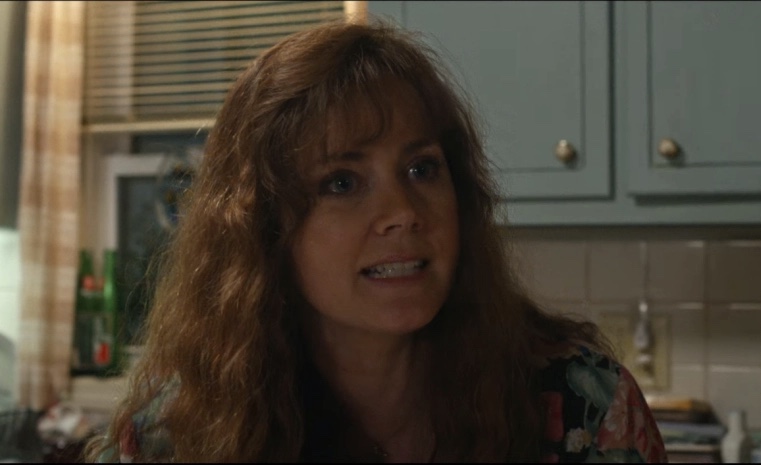Hillbilly Elegy (2020): A Portrait of Struggle, Family, and the American Dream
Hillbilly Elegy is a 2020 American drama film directed by Ron Howard, based on the bestselling memoir by J.D. Vance. Starring Gabriel Basso, Amy Adams, and Glenn Close, the film presents a raw, emotionally charged story of a young man's journey to overcome his troubled Appalachian roots and build a life beyond generational hardship. Released on Netflix, Hillbilly Elegy attracted significant attention due to its star power, political undertones, and unflinching look at the cycle of poverty and addiction in rural America.
The film follows J.D. Vance (played by Gabriel Basso), a Yale Law student who is suddenly pulled back to his hometown in Middletown, Ohio, when his mother Bev (Amy Adams) suffers a heroin overdose. As J.D. returns home to manage the crisis, the narrative alternates between his present-day challenges and his difficult childhood, told through a series of flashbacks. We witness the chaos of his upbringing: his mother’s volatile behavior, her struggle with substance abuse, and the emotional scars left on J.D. and his sister.

At the heart of the story is Mamaw, J.D.’s tough and resilient grandmother, played with remarkable intensity by Glenn Close. Mamaw is a central figure in J.D.’s life, providing him with discipline, love, and a sense of stability when his world is otherwise falling apart. Her fierce independence and no-nonsense attitude help guide J.D. through the most turbulent years of his youth, pushing him toward academic achievement and personal growth.
Ron Howard’s direction brings a polished, cinematic quality to the story, though the film largely avoids dramatic flourishes in favor of grounded, emotionally driven storytelling. The color palette is muted, reflecting the gray, industrial Midwest landscape, and the soundtrack is understated, allowing the characters’ struggles and relationships to take center stage.
Critically, Hillbilly Elegy received mixed to negative reviews, with many critics calling it emotionally manipulative or lacking nuance. Some felt it failed to fully capture the complex socio-economic and cultural issues raised in the book. However, the performances were widely praised. Amy Adams delivers a gripping portrayal of a woman spiraling through addiction, while Glenn Close received an Academy Award nomination for Best Supporting Actress for her transformation into the hardened, but loving Mamaw. Both actresses disappear into their roles, capturing the pain and resilience of a family stuck between despair and hope.
Despite the critical divide, the film resonated with many viewers for its honest depiction of family dysfunction, rural poverty, and personal resilience. It sheds light on the unseen challenges faced by working-class families in America’s Rust Belt, offering a character-driven narrative about perseverance in the face of adversity.
In conclusion, Hillbilly Elegy is a deeply personal and emotionally charged film that attempts to tell a broader American story through one family's lens. While it may not satisfy all viewers politically or artistically, its themes of family, identity, and breaking the cycle of hardship make it a film worth watching for those interested in character-driven drama and real-life complexity.


